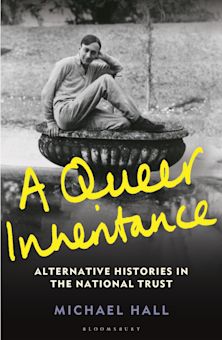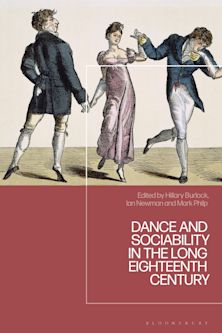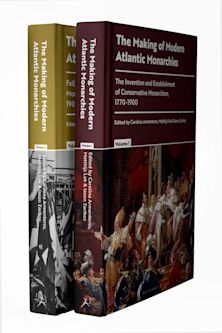- Home
- ACADEMIC
- History
- Social History
- War and Social Change in the Twentieth Century
War and Social Change in the Twentieth Century
A Comparative Study of Britain, France, Germany, Russia and the United States
War and Social Change in the Twentieth Century
A Comparative Study of Britain, France, Germany, Russia and the United States
For information on how we process your data, read our Privacy Policy
Thank you. We will email you when this book is available to order
You must sign in to add this item to your wishlist. Please sign in or create an account
Description
This is the first systematic study of the nature and extent of the social changes brought about in Europe and North America by the major twentieth-century wars.
While recognising the essential uniqueness of historical events, Professor Marwick argues that these changes can be best explained by developing a 'model' which breaks war down into four meaningful components. Throughout the book - and without detriment to the clarity of the narrative of the events themselves - there is discussion of wars as destruction, of the way in which war tests existing institutions, of the manner in which participation in war-time benefits underprivileged groups, and of the psychological repercussions of war.
This study makes no attempt to glorify war of gloss over its horrors. It appraises the reactions of artists and writers and examines such topics as: war and the position of women; war and the black American; war and revolution in Russia and Germany; war and social attitudes, customs and conditions; Hitler's 'New Order'; the French Resistance; and it concludes by analysing the relationship between the Second World War and the movement towards European integration.
The author's thematic approach - together with his use of archive film material - serves as a guide to new methodologies in historical study. The comparative approach illuminates both the manner in which war affects society, and also some of the characteristic differences and similarities in the various societies studied. Through drawing on social science, as well as on art, literature and music, Professor Marwick believes that written history must above all succeed as communication. His present study will be of particular value to students of twentieth-century history, of the history of war and of political sociology.
Table of Contents
PART 1: THE NATURE OF THE PROBLEM The Disasters of War
The Causes of War
The Consequences of War
Germany, Russia, France, Britain and the United States
PART 2: THE FIRST WORLD WAR: GERMANY AND RUSSIA The Stages of the War
Germany's 'Fortress Truce', August 1914-November 1917
Russia: Disruption of War and Growth of 'Voluntary Organizations', August 1914-March 1917
Revolutions in Russia and Germany, 1917-19
PART 3: THE FIRST WORLD WAR: FRANCE, BRITAIN AND THE UNITED STATES Destruction and Disruption
The Test of War
Participation
Psychological Implications
General Consequences of the War
PART 4: THE SECOND WORLD WAR: GERMANY AND RUSSIA Totalitarianism and Democracy on the Eve of the War
The War and German Society
Russia and 'The Great Patriotic War'
The Aftermath of War
PART 5: THE SECOND WORLD WAR: BRITAIN AND THE UNITED STATES The Impact of the Second World War on British Society
The War and American Society
New Relationships
PART 6: THE SECOND WORLD WAR: FRANCE The Chagrin and the Pity of it
Social Consequences
Beauty and the Beast: Economic Recovery and the Idea of a United Europe
PART 7: PROBLEMS AND CONCLUSIONS Notes on the use of Archive Film Material
Annotated Bibliography
Index.
Product details
| Published | 01 Jan 1974 |
|---|---|
| Format | Paperback |
| Edition | 1st |
| Extent | 272 |
| ISBN | 9780333112489 |
| Imprint | Red Globe Press |
| Dimensions | Not specified |
| Publisher | Bloomsbury Publishing |



































